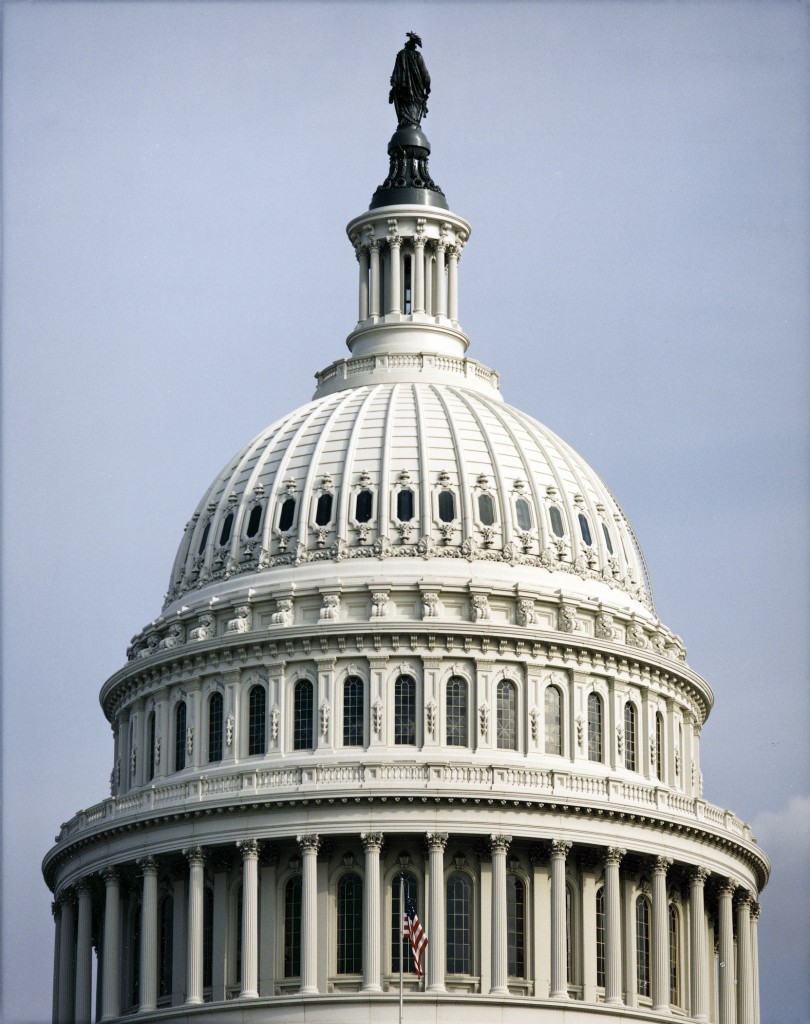The Senate on Tuesday passed an amendment to a controversial 2013 defense bill requiring the President to submit a plan detailing the military activities for a no-fly zone over Syria.
 In a 92-6 vote, the Senate amended the 2013 National Defense Authorization Act to include a provision requiring “a report on military activities to deny or significantly degrade the use of air power against civilian and opposition groups in Syria.”
In a 92-6 vote, the Senate amended the 2013 National Defense Authorization Act to include a provision requiring “a report on military activities to deny or significantly degrade the use of air power against civilian and opposition groups in Syria.”
Senator Rand Paul (R-KY) voted against the amendment, but thanked its authors for “including in this amendment a clause that says that nothing in this amendment is to be construed as a declaration of war or a use of authorization of force. I think that’s very important,” he said in a statement.
In expressing his opposition to the amendment, Paul explained, “Our Defense Department no doubt has contingency plans for a ballistic missile attack on the United States, for a conventional land invasion, for naval or air encounters throughout the world, but we don’t necessarily openly discuss them or encourage them.”
“I hope my colleagues today will not encourage a rush to war by publicly clamoring for a plan to become involved in Syria’s civil war,” he added.
Imposing a no-fly zone over Syria is a military plan that has been pushed by some in Washington since the start of the Syrian civil war. But such action would require significant military commitments, worsen the humanitarian situation, and would likely be an invitiation for a much more expansive US-led war in Syria.
A no-fly zone would require American airpower to disable Syria’s airpower, but the Assad regime’s “anti-aircraft capabilities are located in or near urban areas, which means that significant civilian casualties could result from any attempt to eliminate them.” explained Marc Lynch of George Washington University in testimony before a House Foreign Affairs subcommittee back in April.
“Creating and protecting a safe area in Syria would therefore require a significant and lengthy investment of troops and resources, and would not likely hasten Assad’s collapse,” Lynch added.
Such an intervention would also embolden the Syrian rebel fighters, the bulk of whom have ties to Islamic jihadists and would not bring an alternative regime to power that might be acceptable to Washington.
Still, hawks in Congress – like John McCain, who was the author of this amendment – can’t stop advancing the call to initiate war in Syria, no matter how terrible an idea it is.


